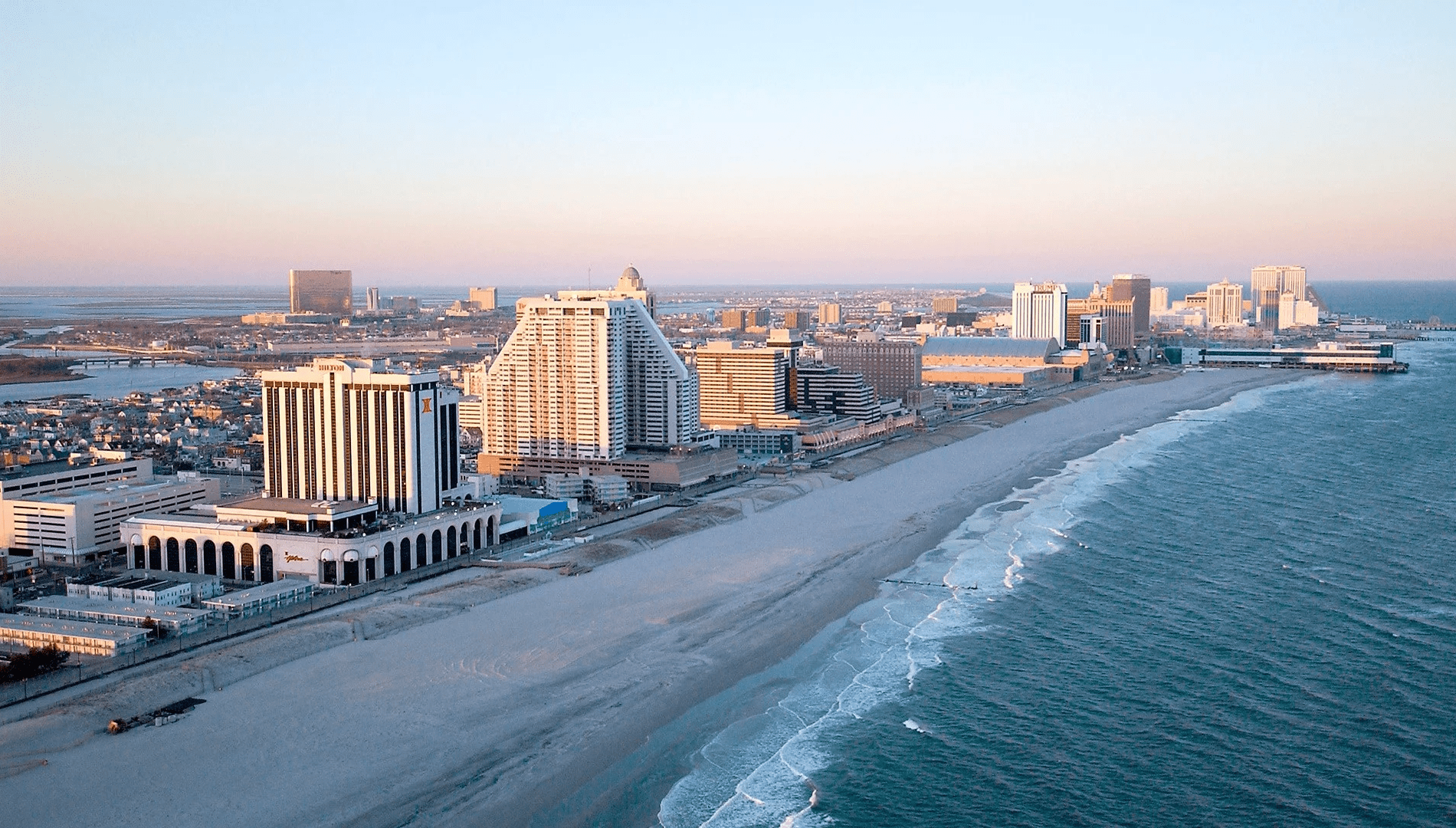Atlantic City Casino Property Tax Break Appeal Heard in New Jersey
This week, the state's appeal of a decision on the property taxes assessed on Atlantic City casinos was reviewed by the Superior Court Appellate Division of New Jersey. The state claims that a consent order was broken by the 2021 modification.
Francis Vernoia, the Appellate Judge, was addressed by Tim Sheehan of the Attorney General's Office of New Jersey. He argued that it was in the best interests of the gambling industry, the state, and Atlantic County for the state to exclude revenue from online sports betting and iGaming from the computation used to determine the property tax liabilities of the nine casinos.
Based on their gross gaming revenue from the preceding year, the nine resorts pay a tax under the casinos' property payment-in-lieu-of-tax (PILOT) scheme. But the casinos contended they shouldn't be required to pay property taxes on the winnings from the internet because a large portion of the online money is split with outside operators like DraftKings and FanDuel, businesses that are either completely absentee or barely present in Atlantic City.
Lawmakers in the state concurred in 2021 and changed the PILOT calculation. After that, Atlantic County sued the state, and in 2022, it prevailed.
A 2018 consent order requires the county to get 13.5% of the PILOT payment each year. As a result, the state consented to reimburse the county for the entire sum it would have gotten from online sports betting and iGaming while it filed an appeal.
Cases Heard
A nonprofit organization named Liberty and Prosperity filed a lawsuit against New Jersey to modify the casino property tax agreement, along with Atlantic County. The group in New Jersey, led by lawyer Seth Grossman, was victorious in its claim that the state's decision to reduce the PILOT tax was against the state constitution. This means that laws favoring one industry over another cannot be passed by the state.
Arguments from the county, the state, and Liberty and Prosperity were heard by Judge Vernoia and the appellate court panel. Sheehan stated that Golden Nugget, Resorts, and Bally's are just a few of the casinos that might close if the revenue from iGaming and online sportsbooks hadn't been eliminated.
Sheehan claimed that the industry may have been completely destroyed by a "ruinous" tax hike if the reforms hadn't been implemented.
Additionally, it would drastically cut the state and county's overall tax gain from the Atlantic City gambling business. The state has been in charge of Atlantic City's governance since 2016.
Vernoia questioned Sheehan on why the government would support a business that seems to have made a poor business decision.
"The amendment was to make sure the casinos kept more of the money?” he asked. “Aren’t we just rescuing a bad business deal?”
The purpose of the adjustment, according to Sheehan, was to maintain a steady flow of tax income. It is anticipated that the appellate court will rule in the upcoming weeks.
Hard Times
The COVID-19 epidemic prompted the PILOT modification. As a result, all nine casinos were closed for 108 days in 2020. A lot of gamblers ventured online during that time. Revenue from iGaming has increased ever since.
The amount won from online gaming increased to $970.3 million in 2020 from $482.7 million in 2019. The amount spent on iGaming increased from $1.36 billion in 2021 to $1.66 billion in 2022 and above $1.92 billion in the previous year.
The trajectory of online sports betting has been comparable. In 2019, $299.4 million was won by oddsmakers; in 2020, $398.5 million; in 2021, $815.7 million; in 2022, $763 million; and in the previous year, almost $1 billion. About 90% of the victory was made possible online, even if those figures include retail wagering at state racetrack sportsbooks and in Atlantic City.
The state collects 15% of the winnings from online slots and tables, therefore the casinos had to pay $288.5 million in iGaming taxes in 2023. The casinos' levies on online sports betting came to $60.3 million.





